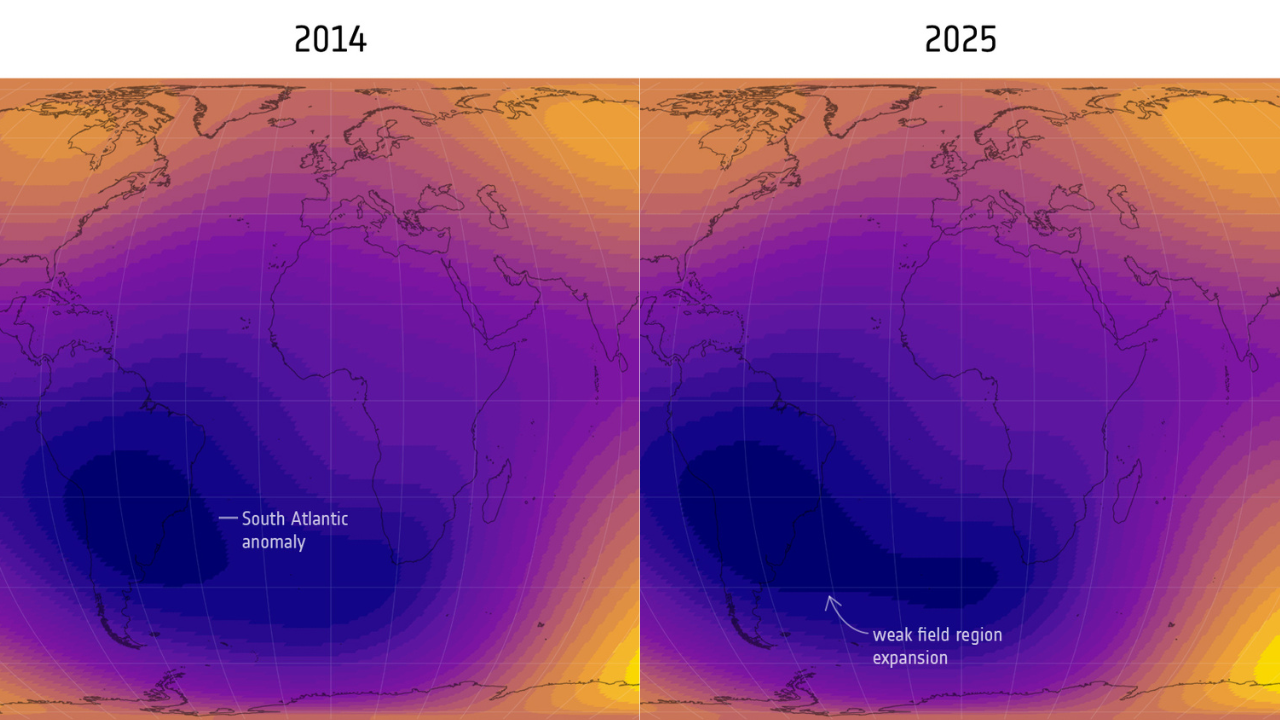Slim people may still be at risk of a deadly heart attack—because of hidden fat that accelerates ageing of the heart, a major study has found.
The dangerous fat—known as visceral fat—builds up deep inside the body, wrapping around the liver, stomach and intestines.
Unlike the fat you can see and pinch, it is invisible from the outside, meaning many people who appear slim may still be carrying harmful amounts.
Researchers analysed data from more than 21,000 people and found those with higher levels of visceral fat showed signs their hearts and blood vessels were ageing more quickly.
Blood tests revealed this type of fat also triggered inflammation throughout the body—a process long linked to premature ageing and disease.
The findings, published in the European Heart Journal, also suggest that body shape may be more important than weight alone when it comes to heart health.
Men who carried fat around the belly in an ‘apple-shaped’ body type were much more likely to show accelerated heart ageing.
By contrast, ‘pear shaped’ women genetically predisposed to storing fat around their hips and thighs—known as gluteofemoral fat—appeared to have healthier, younger hearts.

Two MRI scans showing a person (left) with more visceral fat (in red) and subcutaeous fat (in blue)

The UK researchers measured the ‘bad’ fat around their organs by doing several MRI scans
This lower-body fat may even help guard against heart disease, strokes and type 2 diabetes.
The researchers also found that higher oestrogen levels in premenopausal women were linked to slower heart ageing—suggesting the hormone could play a protective role.
To reach their conclusions, scientists at the Medical Research Council’s Laboratory of Medical Sciences in London analysed MRI scans from participants in the UK Biobank.
Whole-body images were used to map the amount and location of fat, while detailed scans of the heart and blood vessels were assessed with artificial intelligence to detect signs of ageing—such as tissue becoming stiff or inflamed.
Each participant was then given a ‘heart age’, which researchers compared with their actual age.
Lead researcher Professor Declan O’Regan, from Imperial College London, said: ‘We have known about the apple and pear distinction in body fat, but it hasn’t been clear how it leads to poor health outcomes.
‘Our research shows that ‘bad’ fat, hidden deep around the organs, accelerates ageing of the heart. But some types of fat could protect against ageing—specifically fat around the hips and thighs in women.
‘We also showed that BMI wasn’t a good way of predicting heart age which underscores the importance of knowing where fat is stored in the body and not just total body weight.

While some warning signs are easy to spot, such as severe chest pain, others are more vague and hard to pinpoint
‘The goal of our research is to find ways to increase healthy lifespan. While being active is important, we found that hidden fat could still be harmful even in fit people.’
His team now plans to investigate whether new weight-loss jabs such as Ozempic can target the ageing effects of this hidden fat.
The drugs, which mimic the hunger-suppressing hormone GLP-1, have already been shown to cut levels of dangerous visceral fat—and could one day help keep the heart younger for longer.
Professor Bryan Williams OBE, chief scientific and medical officer at the British Heart Foundation added: ‘We already know excess visceral fat around the heart and liver can lead to increased blood pressure and high cholesterol, so it is concerning that it could also help to speed up ageing of the heart and blood vessels.
‘As the pattern of fat distribution typically seen in women’s bodies is linked to oestrogen, that hormone may be key to future therapies developed to tackle heart ageing.
‘Eating a healthier diet and becoming more active can help to reduce visceral fat levels.’
Earlier this summer, US researchers developed a free online test that they claim can help you calculate if your heart is aging faster than the rest of your body.
By utilising data provided by the American Heart Association it can help you better understand how much stress your heart is under.
It asks you to enter your sex, age, total cholesterol, HDL cholesterol, systolic blood pressure, whether or not you have diabetes, and if you take medication for blood pressure or statins.
It also requires you to input your eGFR (estimated glomerular filtration rate) which is used to measure how well your kidneys are functioning.
The age calculator was tested on more than 14,000 US adults between the ages of 30 and 79 from the year 2011 up until 2020.
Source link


